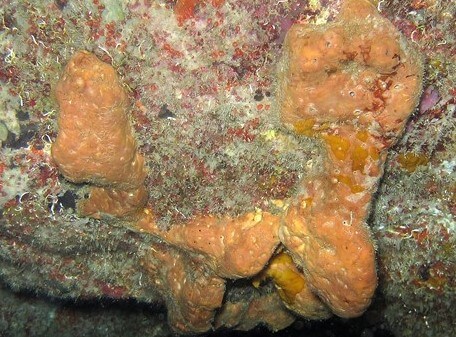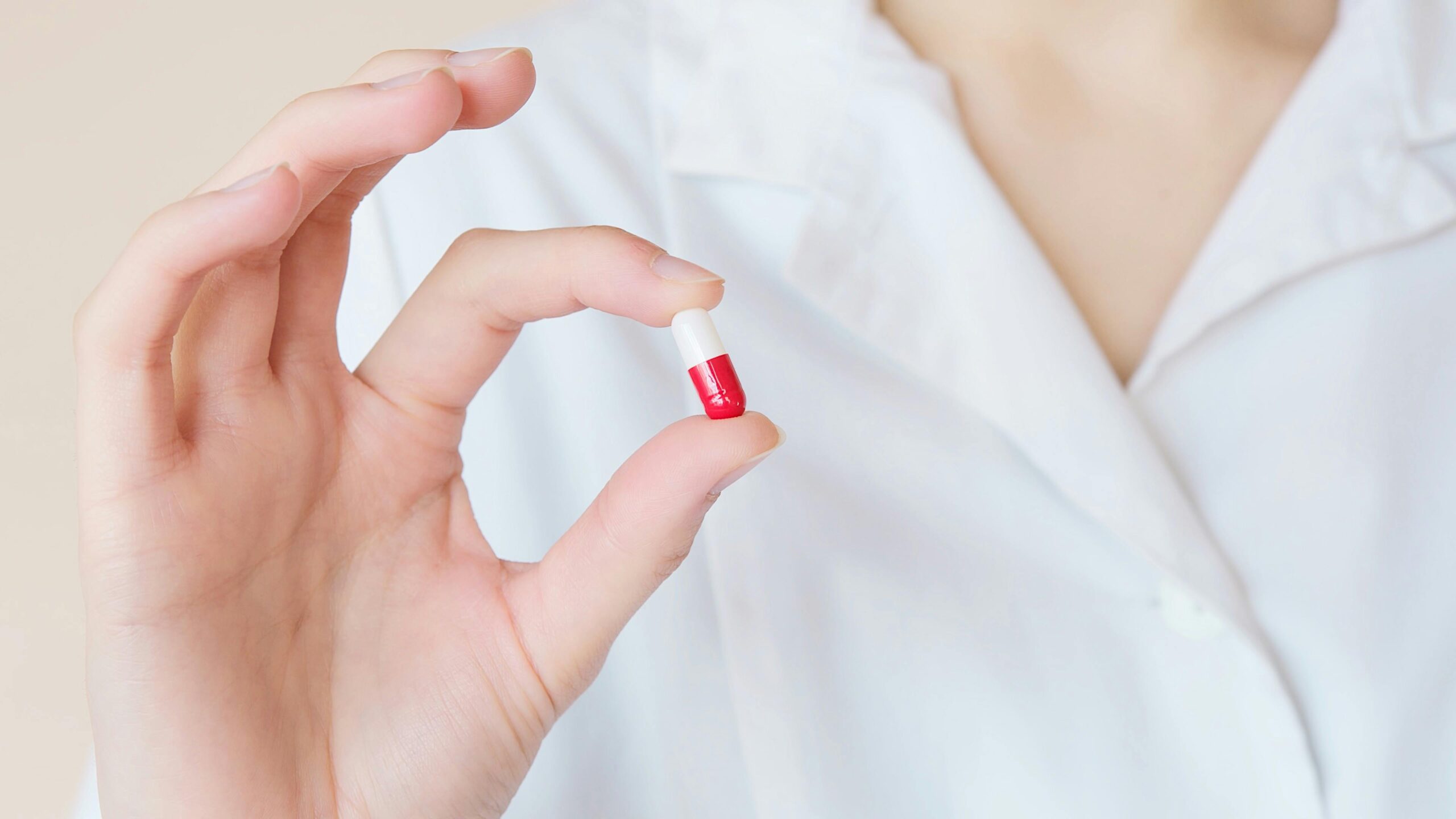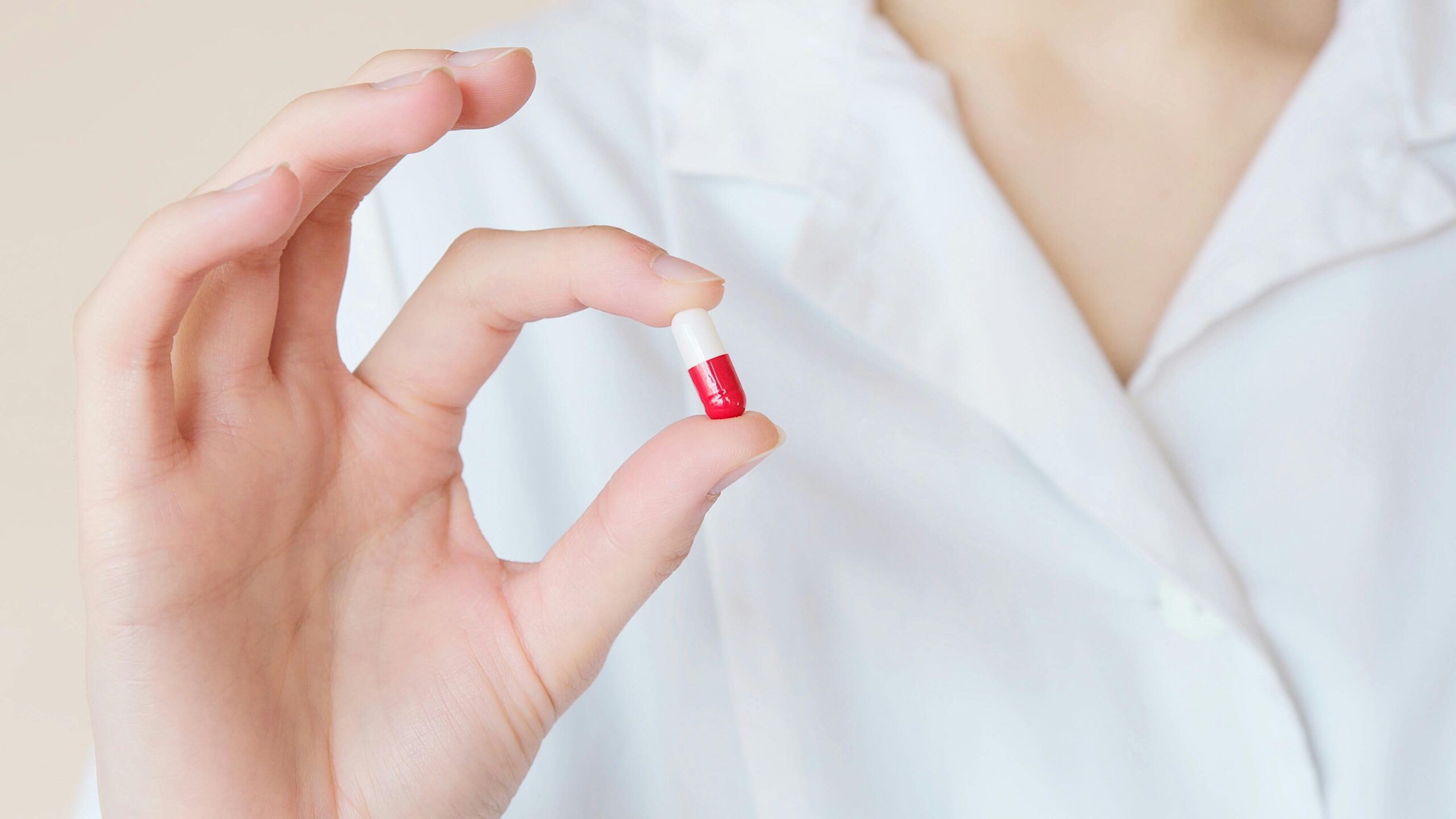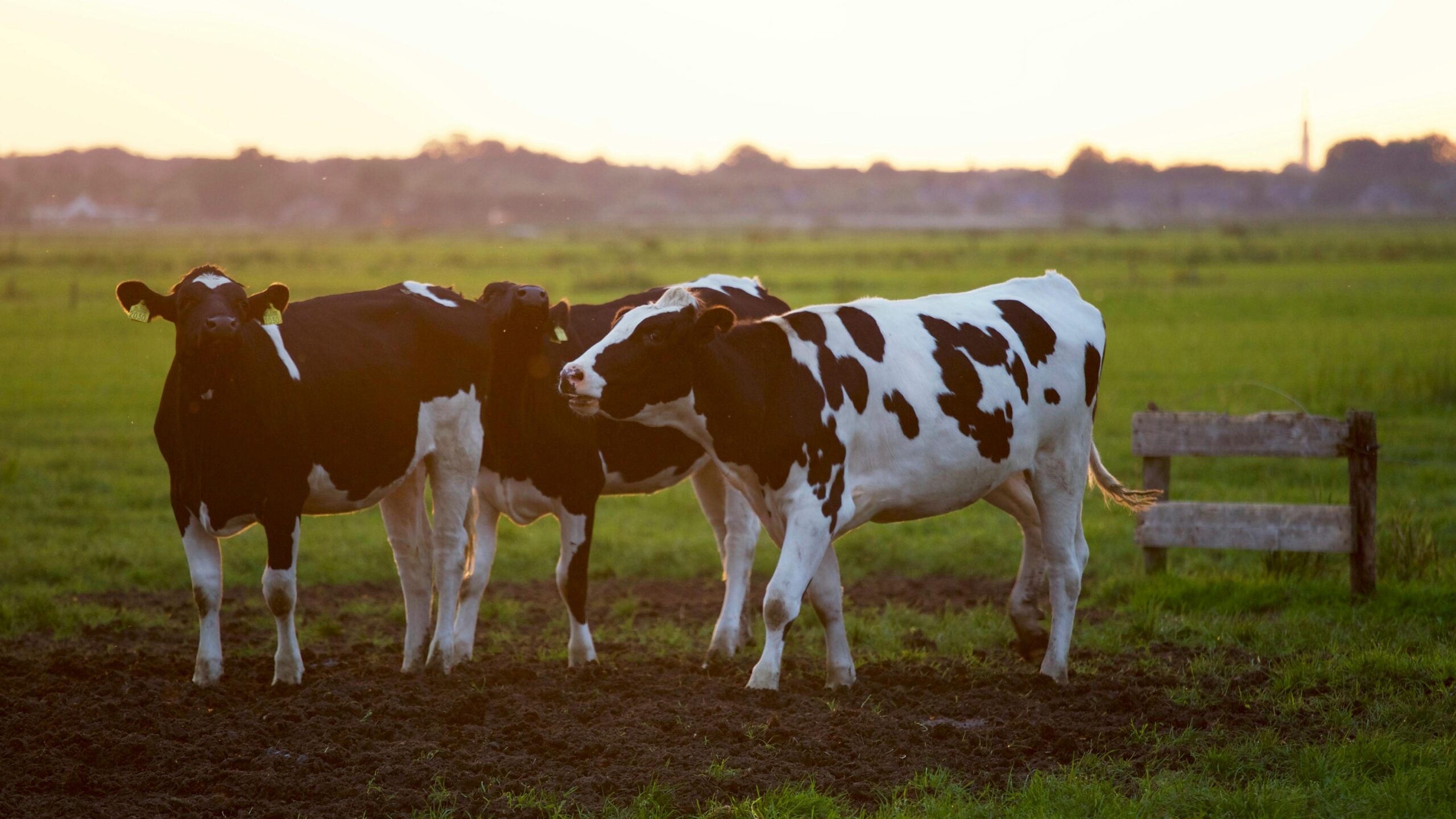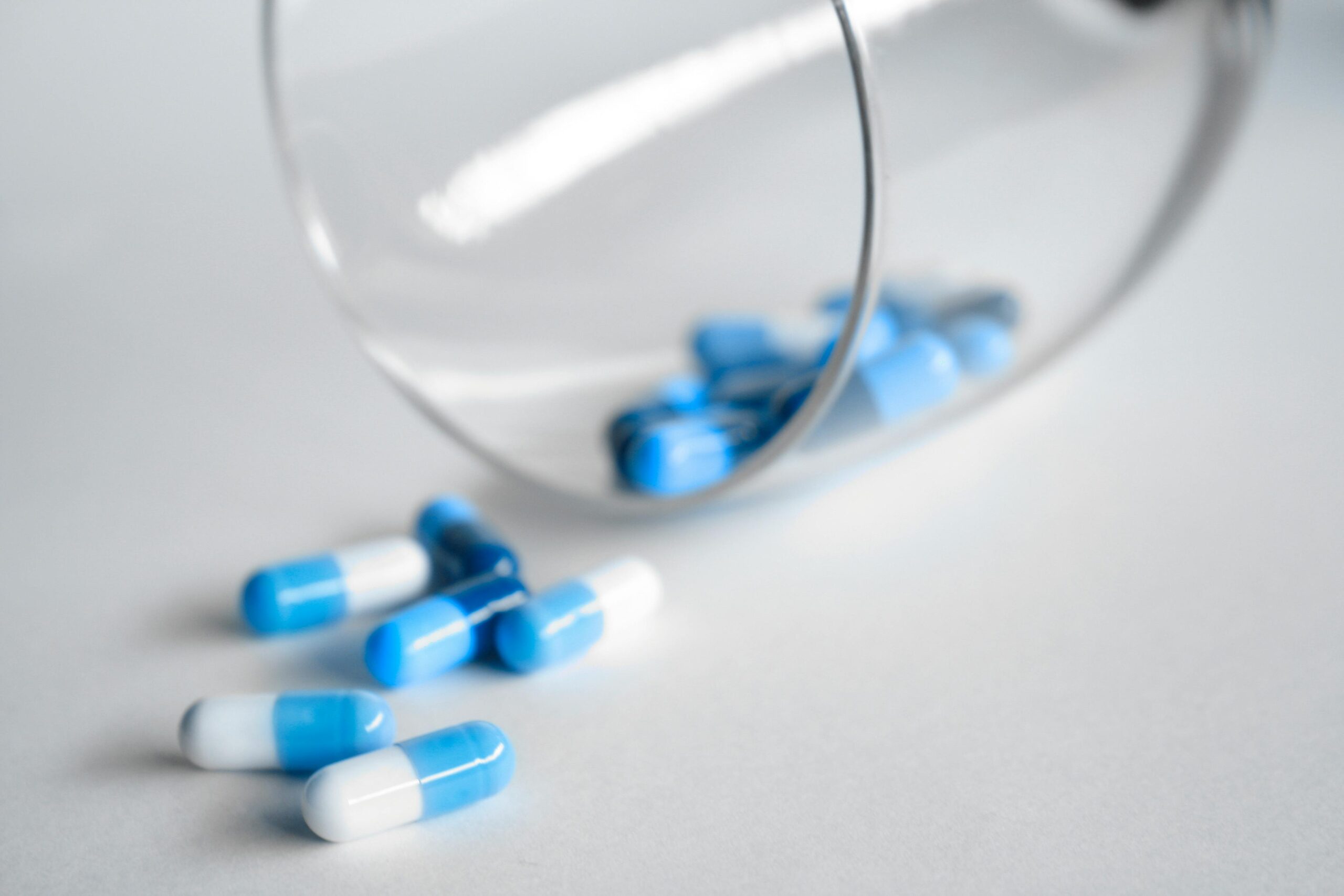Compounds found in Brazilian native marine sponges are able to kill antibiotic-resistant bacteria. University of São Paulo (USP) researchers have discovered this for the first time.
Antibiotic resistance has increasingly become a major public health threat. A 2016 report commissioned by the British government stated that deaths caused by drug-resistant bacteria are on track to reach 10 million by 2050. As such, it’s of great significance to scientists and researchers to uncover ways to combat this in clinical settings.
For this work, the team analyzed the Agelas dispar species, native to Fernando de Noronha, an archipelago off the coast of the Northeast. “This marine sponge had been studied previously by groups outside Brazil, mainly in the 1990s. We used next-generation techniques to analyze substances from its secondary metabolism, look for new molecules, and test its biological activity,” says Vítor Freire, who conducted the study as part of his PhD research at the São Carlos Institute of Chemistry (IQSC-USP).
Thirteen compounds (ageliferins) found in the sponges were tested on an ovarian cancer cell line called OVCAR3. Three of them were identified as being capable of eradicating Escherichia coli and Enterococcus faecali, two extremely common drug-resistant bacteria found in the human body. The researchers also wanted to know if the use of the ageliferins could cause destruction of red blood cells in the intestines, which is a potentially fatal side effect often seen in chemotherapy patients that need antibiotics. Fortunately in mice, this wasn’t observed, meaning that this could be a promising therapeutic development.
Researchers say that it’s crucial to understand not only these compounds, but how marine sponges survive, especially what they produce in order to compete with other invertebrates and avoid pathogens. “Another important factor is the ability of sponges to store symbiont microorganisms, which also help them defend themselves. When we analyze compounds found in sponges, we don’t always know what’s been produced by them and what comes from symbionts,” explains Roberto Berlinck, a professor at IQSC-USP and principal investigator for the study.
These findings are one-of a kind. They show that sponges possess compounds capable of killing exceedingly common bacteria resistant to currently available drugs and pave the way for new therapies. However, the team believes that investigating the composition of other marine sponges and what they naturally produce is also necessary for next steps. Other classes of sponges could offer even more versatile paths for treating diseases in the future and preventing deaths by antibiotic-resistance across the world.
This study is published in the journal the Journal of Natural Products.
